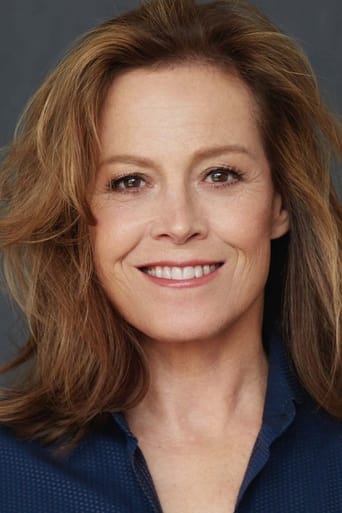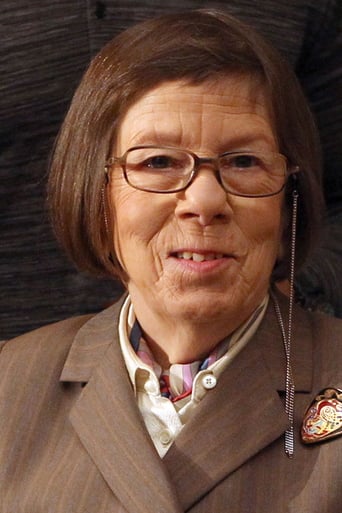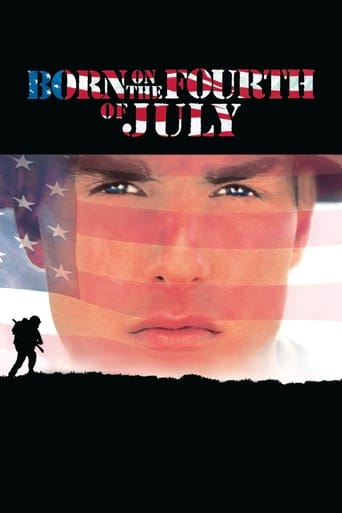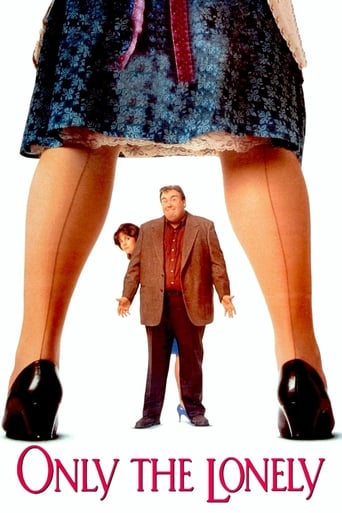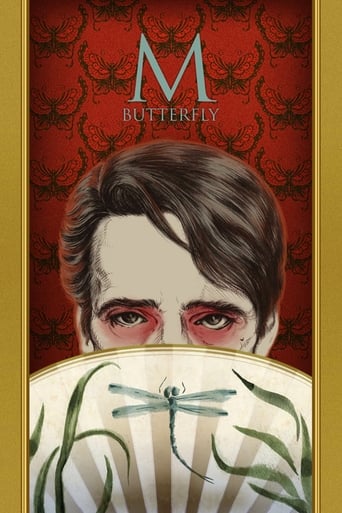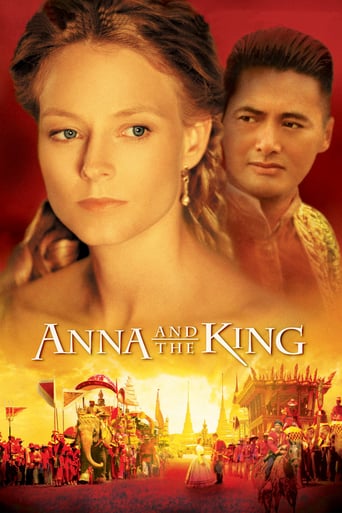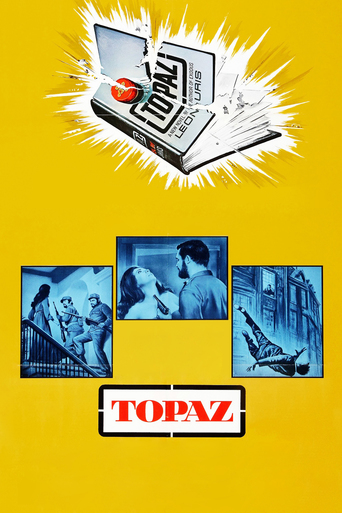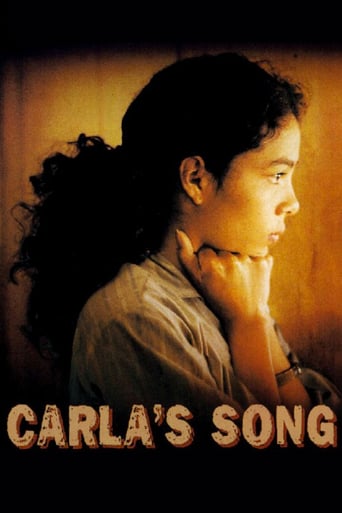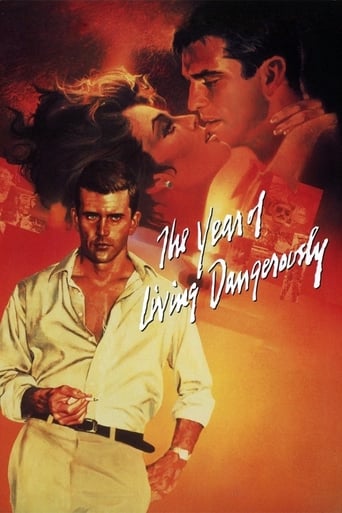
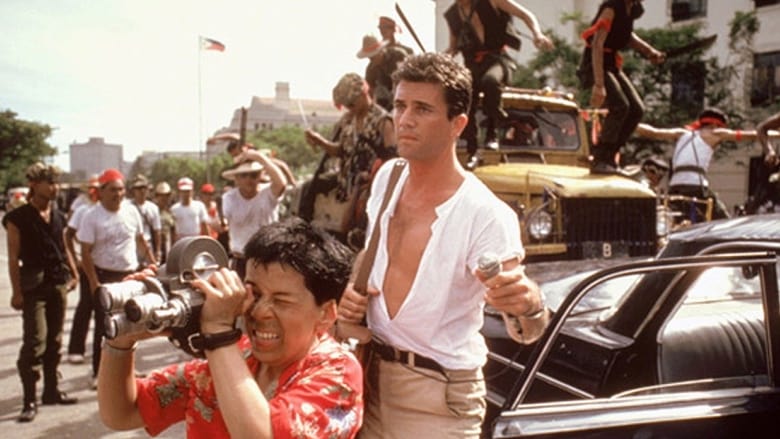
The Year of Living Dangerously (1983)
Australian journalist Guy Hamilton travels to Indonesia to cover civil strife in 1965. There—on the eve of an attempted coup—he befriends a Chinese Australian photographer with a deep connection to and vast knowledge of the Indonesian people, and also falls in love with a British national.
Watch Trailer
Cast
Similar titles
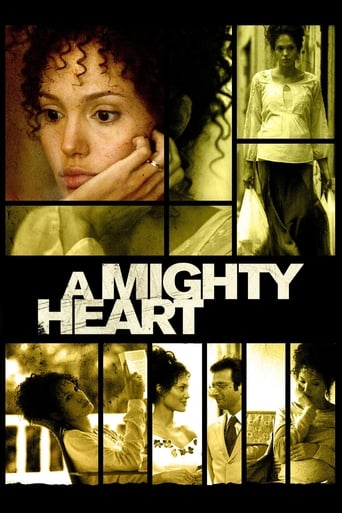
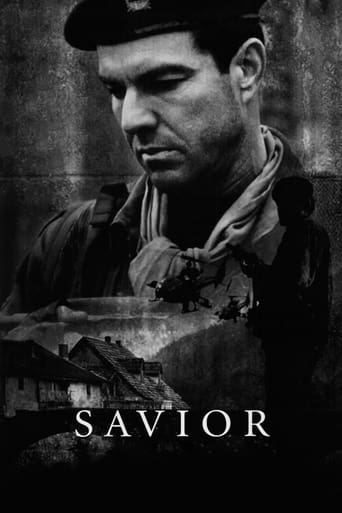
Reviews
Pretty Good
best movie i've ever seen.
Good films always raise compelling questions, whether the format is fiction or documentary fact.
Great story, amazing characters, superb action, enthralling cinematography. Yes, this is something I am glad I spent money on.
Peter Weir's "The Year of Living Dangerously" gives us an Australian foreign correspondent desperate to prove himself in his career, a marvelously strange character as his photographer sidekick, sets the whole thing in the politically tumultuous Indonesia of the 1960s, and then can think of nothing better to do with any of this material than focus on a boring love story between two white people.Ah well. At least one of those white people is played by Sigourney Weaver, who is always watchable even if not given a very interesting character to play here. The other is played by, of course, Mel Gibson, who's not much of an actor now and wasn't then either, but is easy enough on the eyes. The movie's shining asset is Linda Hunt in the role of the photographer, an American Chinese dwarf named Billy Kwan, whose mysterious and ambiguous motives give the film what suspense it has, and far more than the "will civil war keep our two lovers apart?" story line that comprises most of the film. Linda Hunt won a Best Supporting Actress Oscar for her performance as Billy, to date the only time in Oscar history that an actor has won an Oscar for playing someone of the opposite gender.Grade: B
The chance to watch two future stars lock lips at their physical prime against the backdrop of an imploding Asian nation seems a great cinematic opportunity, but it's that emphasis that ultimately bogs down "The Year Of Living Dangerously."June, 1965: Guy Hamilton (Mel Gibson) is an Australian reporter sent on his first overseas assignment, covering Indonesia as communists and right-wing generals vie for control. He makes two important friends. Billy Kwan (Linda Hunt) is a crafty photographer whose amiable exterior hides a soul in torment. Jill Bryant (Sigourney Weaver) is a British embassy secretary who struggles to reconcile her sense of duty with her romantic feelings for Guy.Gibson and Weaver got star billing, but Hunt got the Oscar. That was fair. For much of the film, it's Hunt's performance that gives us a handle on what is going on. Kwan helps Guy land a scoop interview with head Communist D. N. Aidit, all the while pushing Guy not to lose sight of the human dimension involved, the suffering of the people and the unfulfilled desire for freedom."Add your light to the sum of light," says Kwan.That Hunt was a woman in a man's role gets a lot of attention, as does the fact the American plays a part-Chinese character. It's kind of pointless getting hung up on that. She's about the only thing in "Year Of Living Dangerously" that makes you care.It's not a bad movie, just a confused one, with long slow passages where Guy and Jill make small talk amid the bamboo. In one inane sequence, they run a roadblock and are met with a barrage of automatic-weapon fire, something they treat as a lark.I was more interested in Guy's teamwork with Billy, who uses his short stature to negotiate dangerous crowds and gives Guy the leads on important stories. "That little twerp knows everything," sneers a Washington Post reporter (Michael Murphy) who does everything but wear an ugly-American T-shirt for easy identification. Gibson and Hunt are an easy pair to like; Gibson with his put-upon mien, Hunt with her enigmatic serenity."Don't take it personally," Kwan tells Guy as he is menaced by an angry crowd. "You're just a symbol of the West.""Feel more like a spittoon," Guy answers.Eventually they fall out, over a story that Billy claims jeopardizes Jill. That Billy is angry I get, though we don't actually see Jill menaced for the information she gave and Guy seems to have no choice but to use the information. A labored connection is made between Guy's "betrayal" and a similar disillusionment Billy feels for Indonesia's embattled leader, Sukarno. Even when Billy is visited with personal tragedy, his over-the-top reaction is something even Hunt can't sell.The music is first-rate; so is the camera-work. You know you can count on those things in a Peter Weir movie, and the celebrated director indeed delivers. There are also several small moments, like one where a corporal of the guard at a scene already awash in blood briefly menaces a pair of helpless travelers before apparently taking mercy and sending them on their way with a smile.Too often, though, the film reaches for more than it delivers. The second half of the movie, when the romance between Guy and Jill is thickest, slows to a crawl. Putting the political intrigue in the background creates needless plot confusion just as things are reaching a boil. We don't even get to see the major crisis point in the movie, Guy getting his biggest (and last) story.The frustration with "The Year Of Living Dangerously" is ultimately more than it can manage. While noble in its refusal to traffic easy answers (despite what others say, this is not a "good-communist" movie), there is a failure to present the questions in a clear or compelling way. Instead, it is content to reference the Indonesian art of "wajang" and employ shadow puppets in place of clearer characters or setting, a poor brush-off of the need to tell a good story.
"It is all opposite intensities" uttered by Linda Hunt's Oscar-winning gender-switching role Billy Kwan in this romanticised screen adaption of C.J. Koch's eponymous novel, THE YEAR OF LIVING DANGEROUSLY is a stereotypical westernised POV (intrigued but distanced from all recherché curiosity) of the far east poverty and political uprising, set in Indonesia during the notorious 30 September Movement in 1965, a coup attempts to overthrow President Sukarno, but the bloodbath is tacitly eschewed in this picture. At the helm of Australian auteur Peter Weir (PICNIC AT THE HANGING ROCK 1975, 9/10; DEAD POETS SOCIETY 1989, 7/10), Mel Gibson plays Guy Hamilton, a rookie Australian journalist is sent for his first oversea assignment in Jakarta and ditched by his predecessor for any informative briefing. But unlike his fellow foreign correspondents, who are exploitive of the convenience of sex service and feeling apathetic about the country except when their own interest is concerned, Guy bears a compassion for the tribulation of the impoverished and he is a dashing go-getter, which is why, Billy Kwan, the local photographer of Chinese and Australian descent, gets close to him and offers him rare opportunities to interview political big shots in PKI (Partai Komunis Indonesia, the communist party of Indonesia), he finds a kindred spirit in him and the pair has fashioned many front-page articles from then on.Billy introduces Guy her friend Jill (Weaver), a British Embassy officer, who will depart in three weeks, things go deadly romantic in any case, they mutually fall for each other, meanwhile the political situation slips and Billy is devastated when a boy he adopted dies, he becomes irate towards Sukarno's govern, and meets his demise heroically. Linda Hunt, the diminutive character actress, seizes her once-in-a-lifetime chance to render Billy a full blossom (a ultra-meaty role indeed), a supporting actress win is a cinch for her, actually one big blemish of the film is that it would be much more daring and fascinating if Billy is the lead in the storyline, there are so many unspecified back stories of her which would be far more arresting than the corny love affair between Guy and Jill. However, it is not to say, Gibson and Weaver are mis-cast here, on the contrary, Gibson exudes his mega-star quality in a very earlier stage, his risk-addicted, devilishly handsome charisma overlaps Guy's defects in character; Weaver, first time embodies herself as a sex symbol in a foreign land of a paucity of Anglo-Saxon femininity, it is Ripley meets Mad Max, and they are in love! Funny thing is Jill flirts with Guy about it is often too melodramatic in his articles, and in the same way it can be referred to the film itself, the death of Billy (always the most sympathetic one should be immolated for the sake of empathy-evocation), the lingering shots of Indonesia's destitution, children especially, on a cinematic level, it is too perfunctorily and conveniently designed, and considerably it is just not Weir's best offer.
If this movie hadn't be so humanist, i think my vote would have been « 4 » instead of « 7 » as it's however plagued. You are thrown in Indonesia but without any information of the date (i deduce it was around 1963 because i read it on a phone-book) or briefing about the political situation : You understand that it involves communists but it's only after one hour that their opposition is said to be Muslim ! Next, the movie begins as news investigation, but suddenly turns into a blinding passion thats leads to a final mixing (and choosing) between this two paths. Another dubious choice was to put an unannounced romantic, dreamy Vangelis song in an action scene ! I won't speak about choosing an actress to play Mel's buddy as i discovered the fact by reading the credits (Billy Kwan Linda Hunt !). However, the movie has really a generous consideration and it's a change of nowadays propaganda : the fate of the Indonesian people is the main subject and their poverty, their hunger and bad health are exposed. In opposition, the luxurious and privileged lives of the westerners that gather into the modern hotel or the diplomatic mansions are also depicted. So, the political labels aren't really important and the killings of communist partisans is shocking as they are above all just poor peasants wanting a decent life. At last, Mel is a convincing newcomer and Sigourney is able to soften her stature to be charming.

